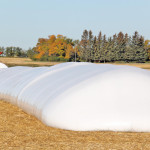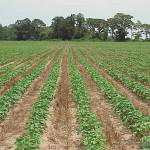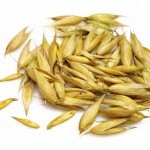Interested in diving into the world of drones? Start small, a panel of agronomists told farmers attending Manitoba Potato Production Days Jan. 27. “I would suggest starting with a small piece of equipment,” said Trevor Thornton, president of Crop Care Consulting. “A lot of guys want something that they can keep in their truck and








